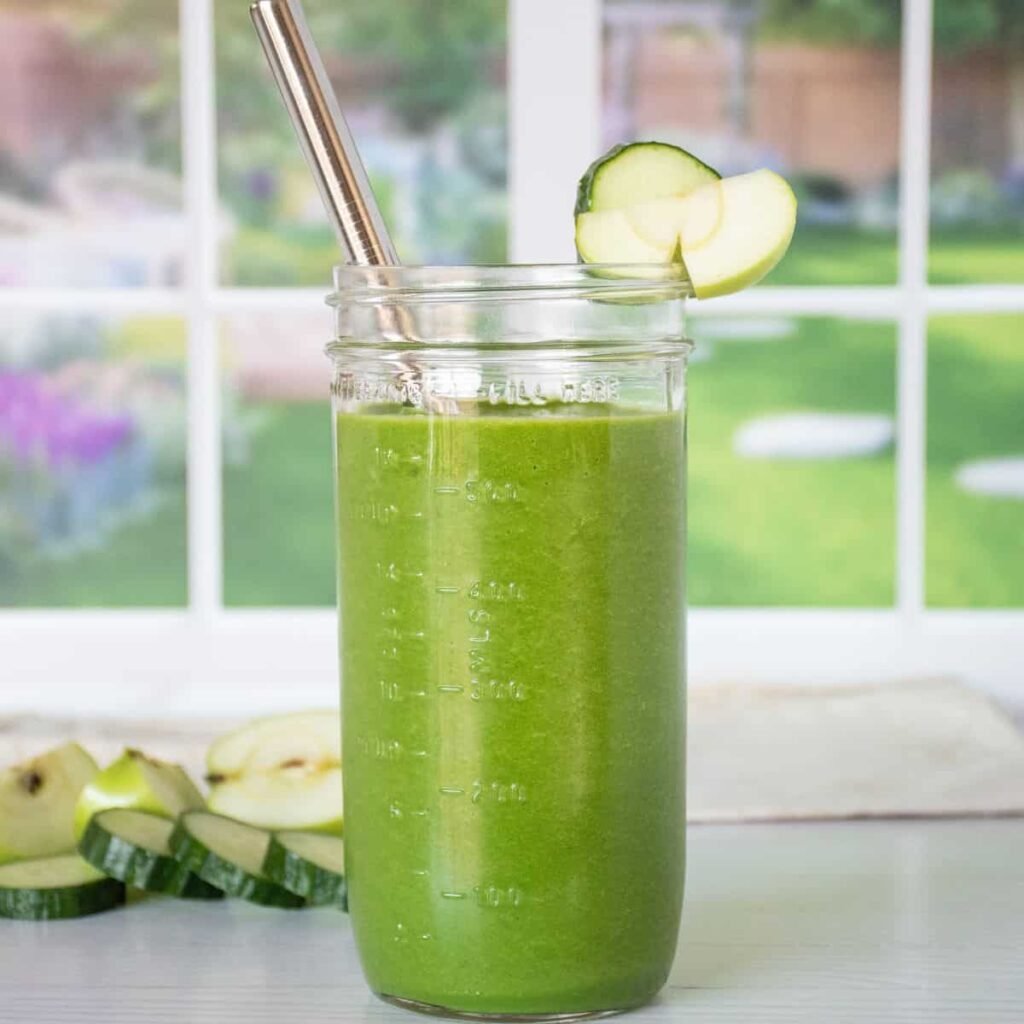Nutrition
Ezekiel Bread Recipe

Ezekiel bread is different from most breads for several reasons. Whereas most types of bread contain added sugar, Ezekiel bread contains none.
It is also made from organic, sprouted whole grains and legumes. Sprouting changes the nutrient composition of grains and legumes significantly.
Ingredients
Warm water
-Honey
-Olive oil
-25grammes of dry yeast
-15 grammes of wheat flour – or wheat berries
-10 grammes of spelt fl our – or spelt grains
-Millet flour or millet
-Green lentils – dry
-Kidney beans, black bean
-Oat bran
-salt
Ingredients
-Gather all your ingredients
-Preheat oven.
-Activate the yeast with the water, honey, and oil in a bowl.
-Stir the grains and beans together, then grind them in a flour mill.
-This part is not needed if your items are already in the floure d state.
-Add this flour mixture to the yeast mixture and stir until well combined – the dough will be very sticky and wet.
-Grease a loaf panpour the dough into the prepared loaf pans and let it rise.
-Bake in preheated oven at 3500F (175 Celcuis ) for about 40 minutes, or until golden-brown.
-Remove your bread from the oven, place it on a cooling rack and let it sit for about 30 minutes to cool off before cutting it into slices and enjoy.
Source: Recipejoint
Nutrition
Palm nut soup

Palm nut soup is a Ghanaian dish that can be served with so many foods. It has a rich base of palm nuts combined with tomatoes and various vegetables that makes it very nutritious.
Preparation
Ingredients
– 1 kilogramme of palm nut
– Half kilogramme of beef
-One kilogramme of goat meat
-Three large salmon
-One full tuna
– A handful of turkey berries
-Two large onions
-4 large tomatoes
-3 large garden eggs
– One tin of mackerel
-Ten large peppers
– One large ginger
-2 cloves of garlic
– Four fingers of okro
– Salt to taste
Instructions
-Wash, cook palm nut, turkey berries, and pepper and add salt to it.
-Grind palm nut, turkey berries and pepper with mortar and pestle or mini food processor.
-Wash goat meat, beef, Tuna, salt and put on fire.
– Blend onion, garlic, ginger and tomatoes and pour on the goat meat.
– Add smoked tuna and salmon and okro to the soup.
-Use a spoon or ladle to skim off the surface oil.
-Garnish the soup with the okro or garden eggs as desired.
-Serve with fufu, banku or Omo tuo.
Nutrition
Cucumber and apple smoothie

Ingredients
-Two medium sized cucumber
-Three apples
-Four tablespoonful of honey
-Crushed ice
-Two cups of yoghurt
-One tablespoonful of blended ginger
– One tablespoonful of celery and mint
Preparation

-Wash and slice cucumber, apple into smaller sizes
-Blend until it is smooth
-Add honey and a little water to it
-Add crushed ice and yoghurt
-Blend it till you achieve your desired texture
– Then serve







